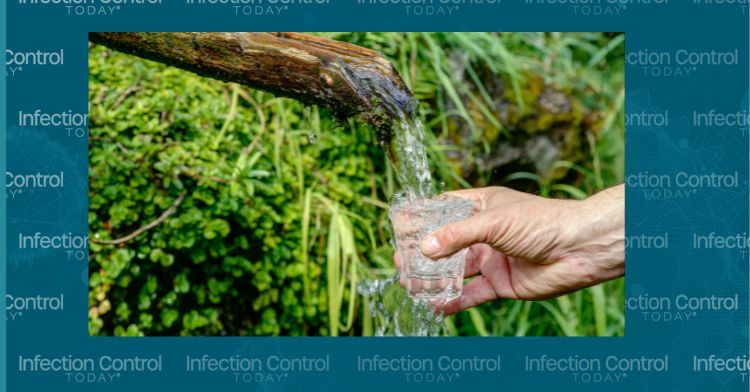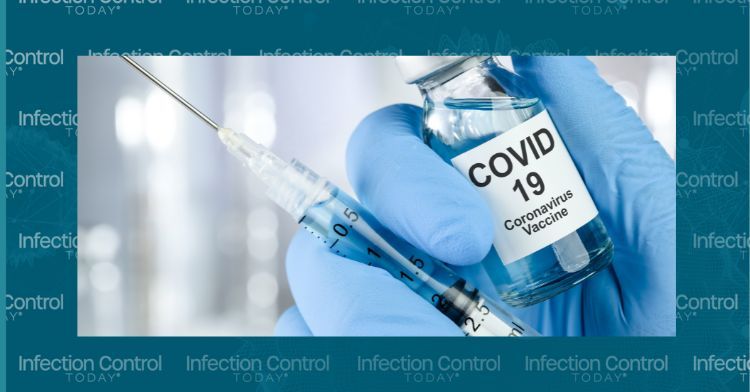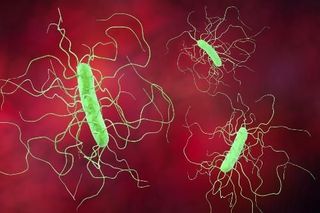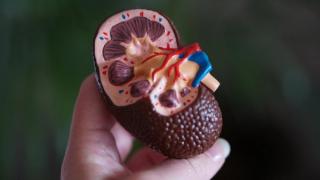
Prevention
Latest News
Latest Videos

More News
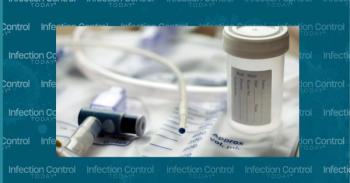
The "Strategies to Prevent Catheter-Associated Urinary Tract Infections" document has been updated by the Compendium of Strategies to Prevent Health Care-Associated Infections. It is sponsored by the Society for Healthcare Epidemiology and developed by over 100 experts from various organizations.
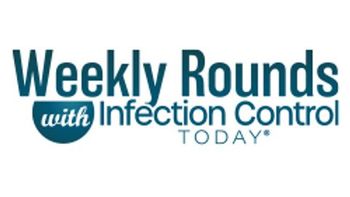
Take 5 minutes to catch up on Infection Control Today®’s highlights for the week ending September 10, 2023.
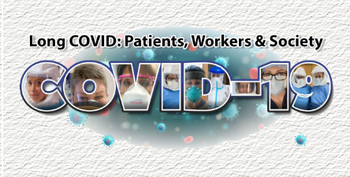
Health Watch USA’s annual conference will examine many aspects of long COVID with speakers from across the globe on November 1, 2023, from 8:30 AM to 2:00 PM EST.
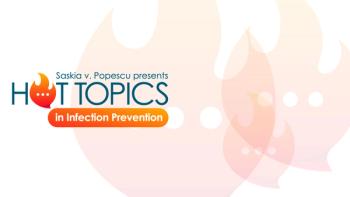
In this Hot Topics in IPC, Saskia v. Popescu, PhD, MPH, MA, CIC, FAPIC, discusses whether masks need to return for COVID-19, Virginia’s outbreak, and interesting articles to read.
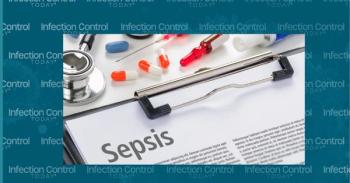
September is Sepsis Awareness Month, and a recently published study examines what patients and health care workers know—and fear—about sepsis.
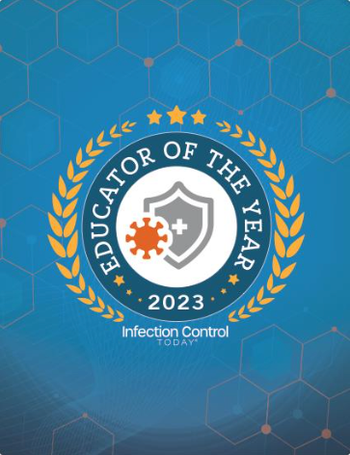
Here you will see where to nominate an exceptional infection control and prevention educator for the Infection Control Today®’s Educator of the Year Award™.
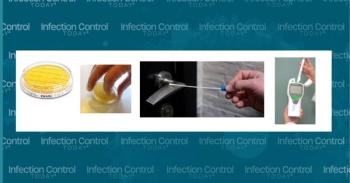
In 2003, the CDC recommended hospitals to clean and disinfect frequently touched surfaces. Later, they advised hospitals to closely supervise cleaning procedures near patients. This article explains what IPC personnel need to know about ATP testing.
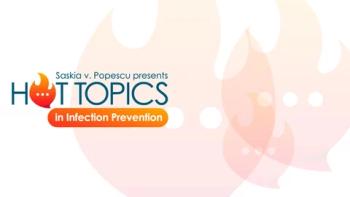
In this Hot Topics in IPC, Saskia v. Popescu, PhD, MPH, MA, CIC, gives her expert outlook on the latest on COVID-19, UV-C, and Rocky Mountain Spotted Fever, and more.
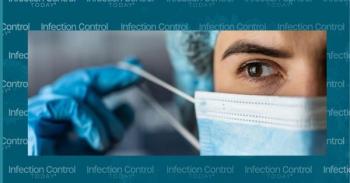
A long-time infection preventionist uses her experience through the COVID-19 pandemic to illustrate how collaborative IPC strategies can lead to efficiency and promote patient safety. She further uses this experience to recommend what she believes helps strengthen IPC programs during a crisis.

A recent survey aimed to understand Americans' concerns and knowledge about hospitalization. Infection Control Today speaks to 2 of the authors.

A recent conference highlights patient safety in health care and aims to reduce risks and harm to patients during medical care. It's a response to the growing complexity of health care systems and the resulting increase in patient harm.

In the fight against health care-associated infections, EHHCM systems are a key weapon.

All eye drops from Dr. Berne’s Whole Health Products are being recalled after FDA warning on August 24. There are 2 adverse reactions reported so far.

The commentators at the recent HICPAC meeting had different reactions, ranging from concern to anger.

Times have changed, and the adoption of hand hygiene monitoring technologies is needed to speed up innovation and transformation.
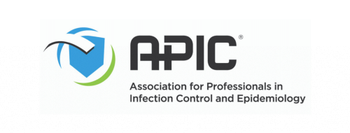
Assisted living facilities face distinct challenges when it comes to infection prevention and control due to their unique nature.

This guide aims to assist hospitals in identifying and managing sepsis at an earlier stage. ICT interviews 1 of the authors.

Contaminated eye drops can cause infections ranging from minor to life-threatening.
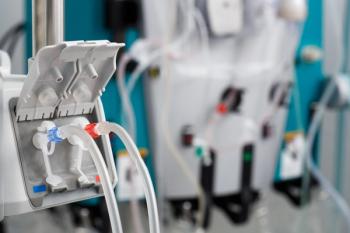
Staphylococcal organisms, which have high mortality rates and can cause recurrence and metastatic complications, are responsible for a significant proportion of infections related to vascular access.

Medical facilities must consider stinging pests and the infections that they can cause when maintaining their grounds to protect their patients and staff.

Pfizer's Abrysvo vaccine prevents RSV-induced LRTD in infants. It's given as a single-dose injection to pregnant individuals between 32 to 36 weeks of gestation.

Eagle Pharmaceuticals randomized its first patient in the Phase 2 study of CAL02, a safe and promising anti-toxin drug that treats severe community-acquired bacterial pneumonia without contributing to antibiotic resistance.

Take 5 minutes to catch up on Infection Control Today®’s highlights for the week ending Aug 20, 2023.

What is a COVID-19 infection? With the definition not consistent, the answer is far from simple.

As children get ready to return to school, pediatric health care providers may start seeing more of this condition in their offices. Here is what you should know.

